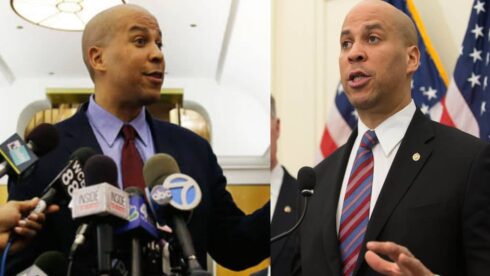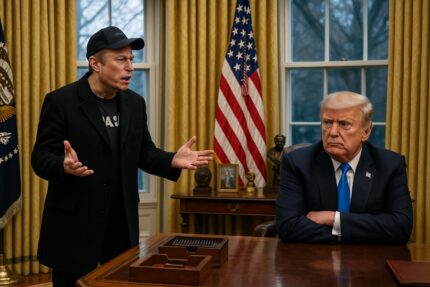Senator Cory Booker (D-NJ) launched a filibuster in the U.S. Senate, vowing to speak for as long as he physically can. The move comes as a response to a contentious piece of legislation that has sparked fierce debate among lawmakers. Booker’s decision to hold the floor signals a determined stand against what he describes as an unjust policy proposal.
This filibuster marks one of the longest solo speeches in recent Senate history. Booker’s passionate oration aims to rally support among his colleagues while drawing public attention to the broader implications of the legislation under review.
The Motivation Behind Booker’s Filibuster
Senator Cory Booker has long been an advocate for social justice, and his current filibuster underscores his commitment to defending key democratic values. The proposed bill in question, which critics argue would roll back civil liberties, has ignited concerns from progressives and civil rights organizations nationwide.
Cory Booker has emphasized that his protest is not merely symbolic but a strategic effort to delay the bill’s passage while fostering greater public awareness. In a statement, he reaffirmed his belief that “democracy requires constant vigilance,” urging citizens to voice their concerns to their elected officials.
Challenges and Endurance: How Long Can He Last?
Filibusters are grueling, requiring immense physical and mental stamina. To maintain the floor, Cory Booker is prohibited from sitting, leaving, or ceasing speech for prolonged periods. His team has prepared extensive notes, water, and other essentials to help sustain his efforts.
Observers speculate on how long Booker can continue, with past Senate filibusters ranging from several hours to over 24 hours. The longest recorded solo filibuster in U.S. history, held by Senator Strom Thurmond in 1957, lasted 24 hours and 18 minutes. Booker’s allies hope he can push the boundaries while rallying enough opposition to halt the bill.
Political Reactions and Bipartisan Responses
Reactions to Cory Booker’s filibuster have been mixed, with Democrats largely praising his dedication, while Republicans criticize it as a disruptive delay tactic. Senate Majority Leader Mitch McConnell (R-KY) called the move “a waste of time,” arguing that the bill has majority support and will eventually pass.
However, some moderate lawmakers have expressed appreciation for Booker’s passionate stand. Independents and swing-vote senators are reportedly paying close attention, as the prolonged debate may influence last-minute amendments or compromises. This prolonged standoff raises questions about the effectiveness of filibusters in modern politics.
Public Response and Social Media Buzz
Cory Booker’s filibuster has ignited widespread discussion across social media platforms. Hashtags such as #StandWithBooker and #FilibusterForJustice have trended nationwide, with activists, celebrities, and everyday citizens showing support for his cause.
Conversely, opponents have launched counter-campaigns, arguing that Booker’s efforts obstruct the legislative process. Some critics claim that his move is more about political theater than genuine change. Regardless of political stance, the filibuster has undeniably captured national attention, with millions tuning in to live coverage.
What Happens Next?
As Cory Booker continues his speech, the future of the bill remains uncertain. If he maintains his filibuster long enough to force procedural delays, it could open the door for new negotiations or amendments. However, Senate leaders have vowed to push forward, setting the stage for a high-stakes showdown.
Whether or not Cory Booker’s actions successfully block the legislation, his filibuster has already left a significant mark on the political landscape. His stand has intensified the national conversation on legislative obstruction, party loyalty, and the future of democracy in America. The coming hours will determine if his efforts change the course of this legislative battle or simply serve as a bold but futile statement for future debates.














